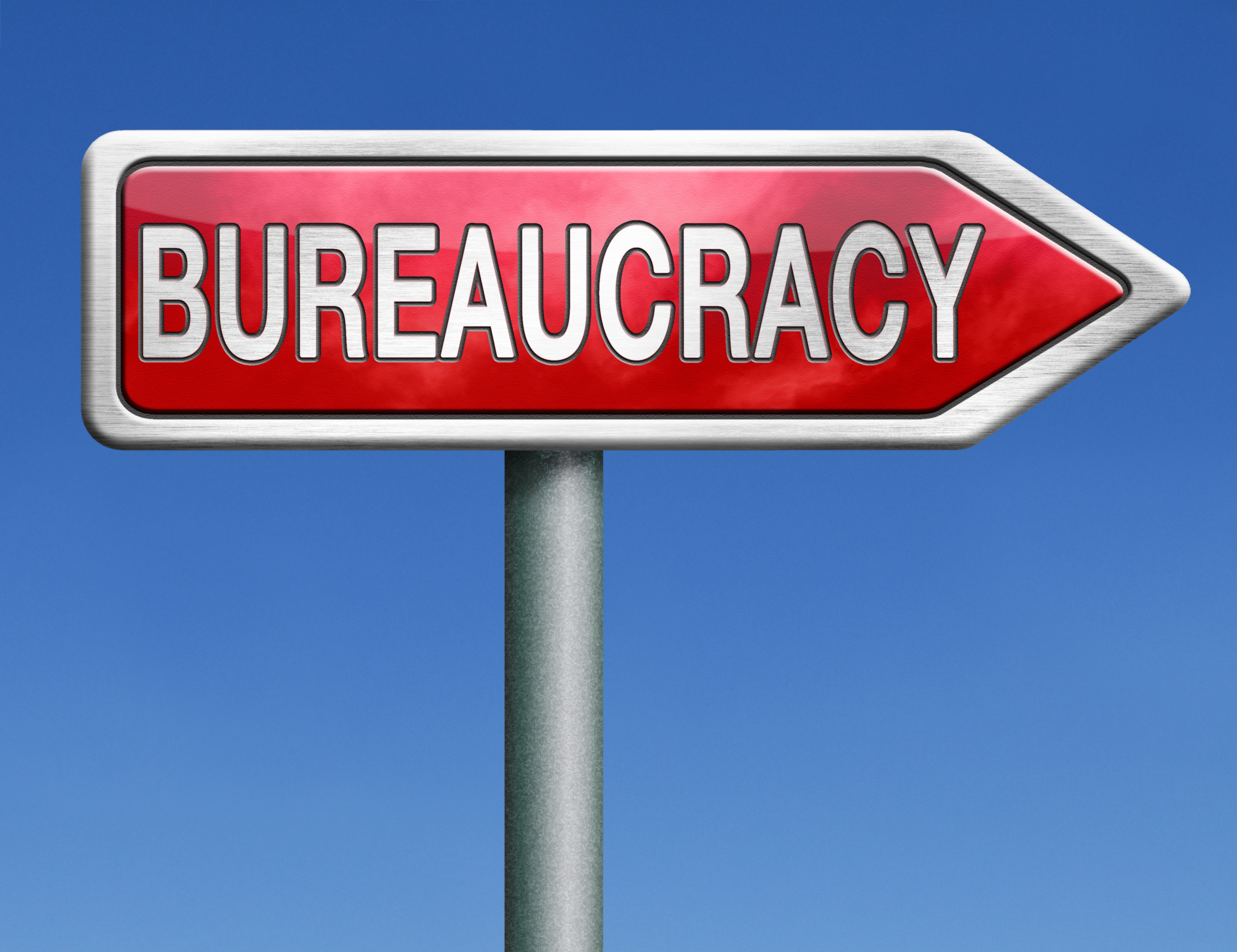The French term “Bureau” means table or desk. Thus, bureaucracy means desk government or paid administration.
A distinction is often made between political and non-political executives. Political executive possesses the power of making policies which are approved by the legislature.
It is also the head of administration which not only supervises but also performs the governmental functions. It is the real executive which is responsible to the legislature in a parliamentary form of Government.
ADVERTISEMENTS:
Non-political executive includes the general body of officials serving under the heads of various administrative departments. It is otherwise known as “Bureaucracy” or “Civil Service”.
According to Gladden, bureaucracy implies “a regulated administrative system organised as a series of interrelated offices It is otherwise termed as “civil service” which refers to the body of public officials who are engaged to carry out the governmental functions.
A civil servant is therefore, a public official who is employed and paid to do a specific task. Finer says, “Civil service is a professional body of officials, permanent Paid and skilled.” Normally civil service does not include the members of the legislature and judicial officers or members of armed forces. Officials of various local bodies are not strictly civil servants as they are controlled by their own organisations.
Bureaucracy Neutral or Committed:
Bureaucracy is a professional class of officials who are permanent and paid. They should be neutral in politics.
ADVERTISEMENTS:
Political neutrality is one of the main features of modern civil service. Civil servant should wholeheartedly serve the party in power whichever it is. The personal opinion of a civil servant is supposed to be immaterial to the performance of his official task.
In democratic countries civil servants’ neutrality is necessary. It should not be committed to any political party or political ideology. But in countries like the USSR or China, the civil service is committed to the objectives of the Communist Party. In India there is a plea for a committed civil service by some people.
But this plea is not acceptable because the civil servants should be above party politics. If a civil servant enters into the arena of party politics, it will adversely affect administration.
ADVERTISEMENTS:
Different political parties have different ideologies. It is not possible on the part of the civil servants to be committed to all ideologies. A civil servant may exercise his political right to vote.
His right to contest in the election to the legislature should not be granted. He should be neutral so far as implementation of Government policies are concerned. Once a policy decision is taken, it is his duty to faithfully carry out such decision.
Civil Service Anonymity:
Civil service should not only be neutral but it should remain anonymous. The political executive is responsible to the legislature and to the people. Hence, civil servants should remain behind the scene and help them in carrying out the policies and administration. They cannot lake part in the proceedings of the legislature.
If things go wrong the Ministers are to be responsible and not the civil servants. The civil servants can only advise the Ministers and supply them with necessary facts and information. The decisions are taken by the Ministers and hence the civil servants remain anonymous.
Recruitment to Civil Services:
With the expanding functions of Government and important role of civil servants in administration, it is necessary that the civil servants should be well qualified and well-trained. In most of the countries the civil service personnel are recruited on the basis of open competitive examinations.
After appointment, arrangements are made for their training. Recruitment procedures are different in different countries. In India the top civil servants are appointed in the Central and State service on the basis of open competitive examinations conducted by the Union Public Commission and the State Public Service Commissions respectively.
Persons appointed in the Indian Administrative Service (I.A.S.) are sent to the Lai Bahadur (National) Academy of Administration at Mussorie for a foundational course. Thereafter, they are given training on various courses in their respective States to which they are posted.
Training is therefore, considered to be “the Keynote of staff efficiency”. It is essential for improvement of the knowledge and the efficiency of a civil servant. It not only broadens his mind but makes him fit to discharge higher duties and responsibilities.
